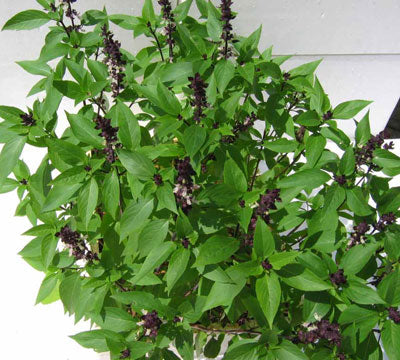Digestion is so critically important to how to we break down and assimilate nutrients. There are a variety of things that can happen to disrupt digestive balance, including stress, inflammatory or allergenic foods, toxins we knowingly or unknowingly ingest, acidic foods or drinks, and much more. There are many herbs that can help offset digestive symptoms that arise, as well to help heal damaged tissue, reduce inflammation, increase production or release of important digestive compounds (such as digestive enzymes and bile), help feed the beneficial flora, and reduce pathogens (such as excess yeast growth and parasites).
Herbs such as Slippery elm bark and Marshmallow root are useful for coating and soothing the digestive tract starting with the throat and esophagus, the lining of the stomach, and on into the intestinal tract. Therefore, they are useful for acid reflux and any kind of gastritis. They both absorb excess fluid, and provide a mucilaginous moistening property as well, so therefore can be useful for chronic diarrhea and for constipation. They are also both useful for cooling and healing the mucosal lining after food poisoning, food allergies, or other inflamed digestive issues.
Other herbs are what herbalists call “carminatives,” helping to relax the nerves of the digestive tract, act as local antispasmodics for intestinal muscle spasms and pain, and help relieve gas and bloating. Herbs like Fennel seed and Peppermint are two of the most commonly known in this category. Catnip as a tea or tincture is another good herb to use, but most people will be surprised by this one! Catnip also is helpful if the indigestion is stress-related, as it helps relax the nervous system as well. These herbs are also great for consuming post-meals to promote better digestion.
Herbal anti-inflammatories for the digestive tract include Yarrow, Meadowsweet, and Ginger. These herbs can be employed when there is known inflammation and for generally supporting the health of the digestive tract when there is inherent weakness present and food intolerance or sensitivities. Meadowsweet is also beneficial for acid reflux and inflammation of the stomach lining in general.
In addition, a category called herbal “bitters” includes herbs that contain principles that taste bitter on the tongue and, as a result, stimulate the Vagus Nerve which in part activates digestive function including the release of gastric fluids, bile, enzymatic release by the pancreas, and generally stimulates movement of the digestive tract. Taken 10-15 minutes before eating, these herbs, such as Gentian root, Artichoke leaf, Wormwood, and Oregon grape root, can overall improve digestive function and therefore the assimilation of food, especially when taken on a consistent basis. These herbs can also be used when you have occasional digestive stagnation, such as a feeling that food is not moving well out of the stomach. These herbs are also useful for stimulating bile production and flow from the liver and bile release from the gallbladder, therefore helping with fat digestion and assimilation. Interestingly, these are the herbs to be employed also if someone no longer has a gallbladder, as they can help stimulate the liver to produce more bile, now that its holding vessel (the gallbladder) is no longer there to store bile.
Finally, there are herbs that contains antibacterial, anti yeast/fungal, and anti-parasitic compounds, helping to prevent and treat these infections. These herbs include Goldenseal root, Yarrow, Black Walnut hulls, and Wormwood, to name a few. Wormwood, as its name implies, is very specific for intestinal worms, but can help with dispelling other parasites as well. Black walnut hulls are a broad-spectrum anti-parasitic herb, as well as helping reduce yeast and fungus. Goldenseal and Yarrow are more specific for fungus and bacteria imbalance. Oregano leaf extract and the essential oil diluted in oil in capsule can also be very effective against a wide range of intestinal pathogens.

